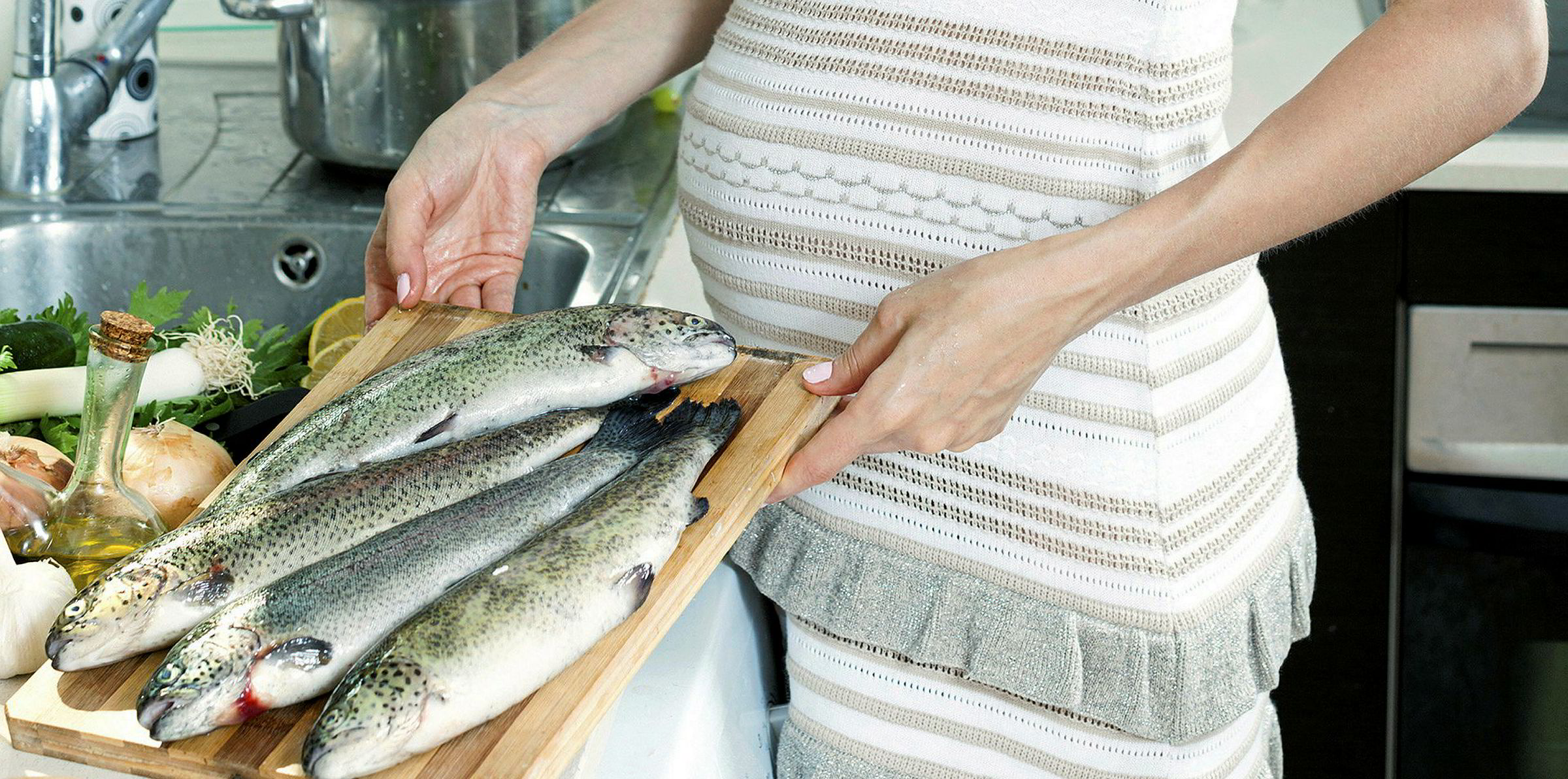A new scientific report released Thursday on dietary guidelines for Americans promotes seafood consumption and supports women eating seafood before, during and after pregnancy -- another victory in the industry's effort to combat misinformation such as the fear of mercury exposure through consumption.
The committee recommended women who are pregnant should consume at least 8 and up to 12 ounces of a variety of seafood per week from choices that are lower in methlymercury and higher in omega-3 fatty acids.
"It's estimated pregnant women eat about 1.89 ounces of seafood per week, NFI spokesman Gavin Gibbons told IntraFish. "So this recommendation would mean getting as much as six times more seafood in a pregnant woman’s diet than they’re getting now."
The 2020 Dietary Guidelines Advisory Committee (DGAC), a panel of experts tasked with making recommendations to the agencies that formally established guidelines of how Americans should eat, released its final scientific report that will serve as the foundation for the development of the 2020-2025 dietary guidelines for Americans.
The report found seafood consumption before pregnancy may be related to reduced risk of gestational diabetes and hypertensive disorders.
It also found seafood consumption during pregnancy may be related to reduced risk of hypertensive disorders and premature birth and better cognitive development and language and communication development in children.
The new guidelines recommend women who are lactating to continue to consume seafood at the same amounts recommended during pregnancy.
"For the past two years, Seafood Nutrition Partnership and its team of scientific advisors have been following and submitting comments to the DGAC, having reviewed the evidence that seafood consumption has positive implications for the health of all Americans,” said Linda Cornish, president of the nonprofit Seafood Nutrition Partnership (SNP).
A separate study from 2019 that was published by several scientists from SNP’s Scientific & Nutrition Advisory Council found an average 7.7 IQ point gain in children whose mothers ate seafood during pregnancy compared to mothers who did not eat seafood. Neurocognitive benefits were found in women consuming between 4 ounces of seafood per week and greater than 100 ounces of seafood per week.
Cornish lauded the report's positive findings for seafood's impacts on cognitive development and communication development in children. But said she hopes the "limit on quantity and species of seafood is lifted in the final guidelines to provide a clear, evidence-based message to Americans on seafood consumption.”


